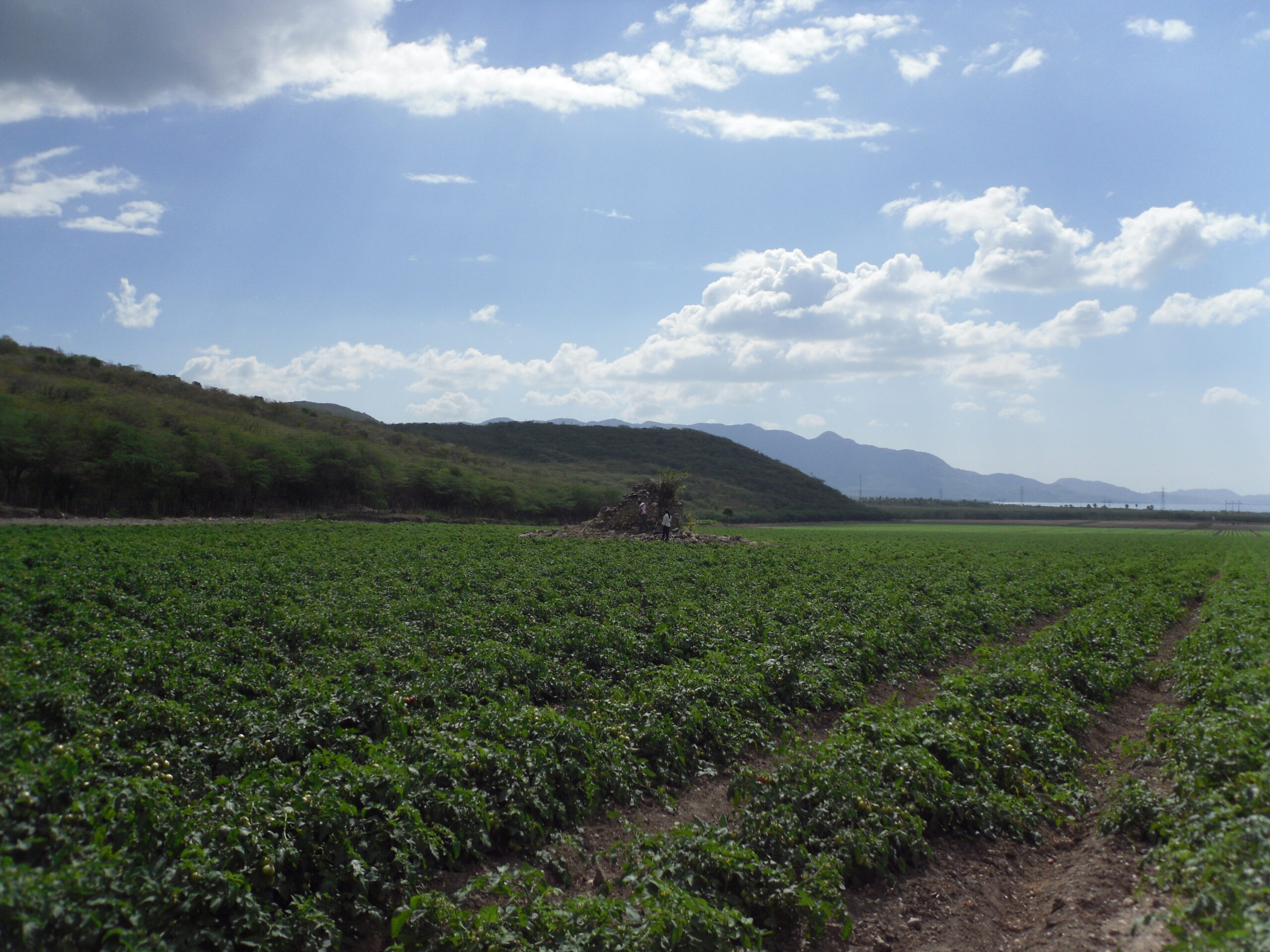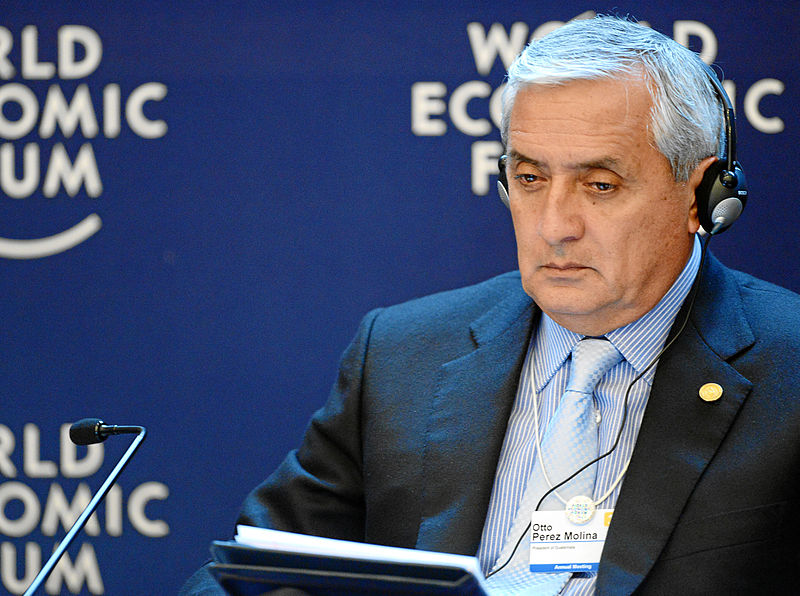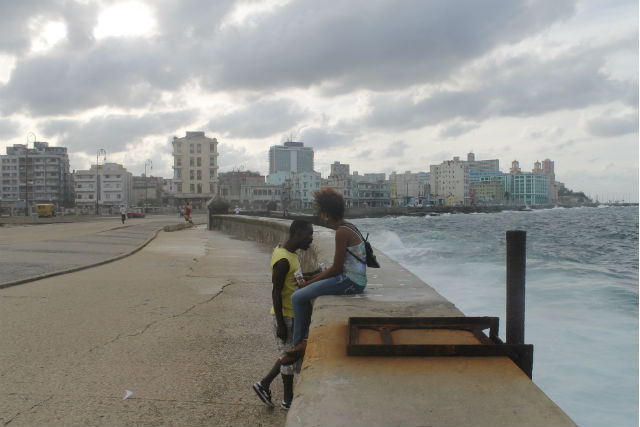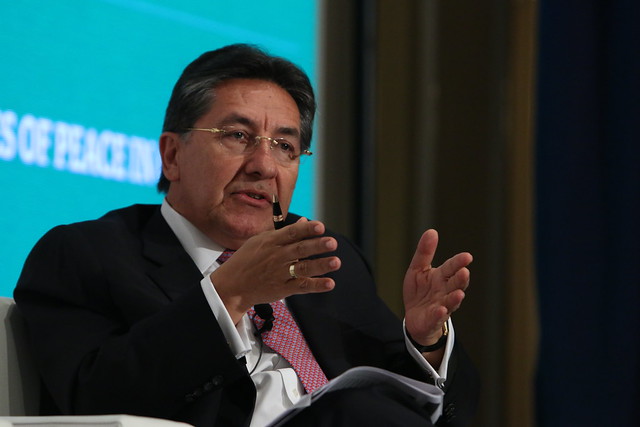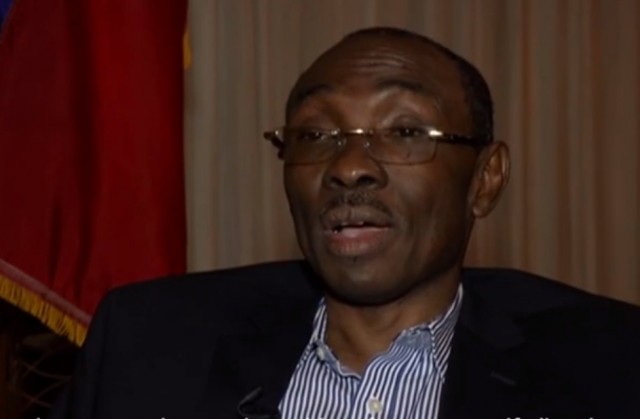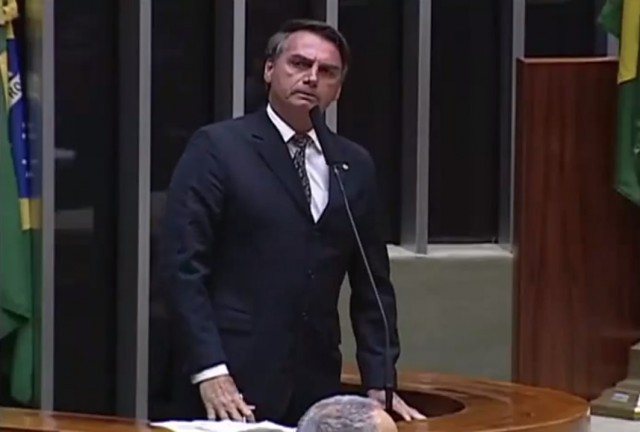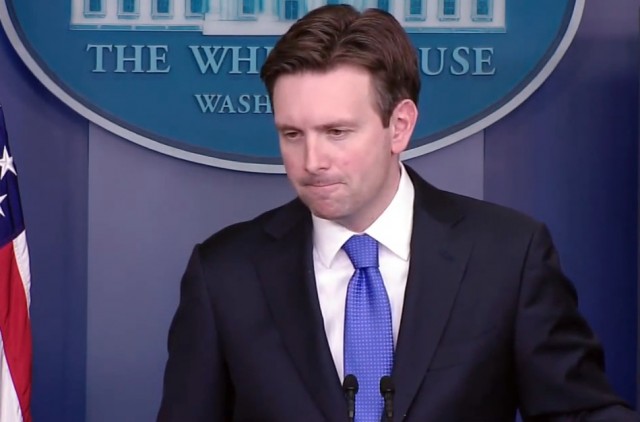
Caribbean, Cuba, Latin America: Week in Review
White House Rolls Out Details of New Cuba Policy
January 16, 2015 By Staff
Top Story — The United States on Thursday announced the details of the partial restoration of economic ties with Cuba, a handful of regulatory changes set to take effect on the following day. The policy changes by the U.S. Treasury and Commerce Departments follow the historic announcement by the U.S. and Cuban governments in December that they will seek to normalize diplomatic relations.
Starting Jan. 16, U.S. citizens will be allowed to use credit cards, open bank accounts and conduct limited trade activities in Cuba. While tourism on the island remains illegal, travelers seeking to take trips for previously approved purposes, like journalism or humanitarian missions, will no longer need to seek authorization in advance.
U.S. airlines will also be allowed to schedule regular flights to the island. Previously, Cuba was only accessible from the U.S. by charter flights. However, the new commercial flights will be on hold until the U.S. and Cuba can agree on civil aviation standards, despite an announcement on Thursday by carrier United Airlines that it would plan flights from Newark, N.J. and Houston, T.X.
As the Latin Dispatch reported following the initial announcement in December, many remain skeptical that the changes will bring about a renaissance in trade. A broader economic embargo remains in place, under the control of the U.S. Congress, where critics of President Barack Obama’s December announcement are likely to push hard against any further efforts to strengthen ties, despite reforms on the island like the release of political prisoners and the announcement that wireless internet service will soon become available.
Despite the potential for further diplomatic progress, a boom in tourism is not immediately expected. While approved trips may be scheduled more easily, those visitors would still be required to keep strict schedules, which would likely deter casual vacationers. Even if U.S. law allowed it, Cuba would need to find a way to accommodate an influx of visitors to the island. When interviewed by The New York Times, John S. Kavulich of the U.S.-Cuba Trade and Economic Council asked, “Where are all these people going to eat?”
Headlines from the Western Hemisphere
North America
- The Mexican government has begun issuing birth certificates to its citizens at U.S. consulates on Thursday, aiding Mexican immigrants as they apply for programs that could protect them from deportation and potentially grant them U.S. work permits.
- An independent group of forensic analysts in Mexico have reported that the bodies of the 43 missing students from Guerrero state could not have been burned at a trash dump, as past reports from the government stated, because vegetation from the site had not been burnt, among other puzzling factors.
- Last week, Twitter and journalists were in a frenzy over the suspected death of Fidel Castro, an annual phenomenon the Columbia Journalism Review paints as a comical, cliched ritual quickly losing its political significance as the possibility for drastic regime change wanes.
Caribbean
- A new set of U.S. regulations towards Cuba will take effect today — including the easing of travel, business and remittance restrictions — making good on promises Obama made during his December 17 speech.
- Haiti’s new Prime Minister Evans Paul is struggling amid intense political instability, looming protests from opposition and what he describes as parliamentary “dysfunction” that he is not responsible for.
- A member of the Puerto Rican militant group Los Macheteros involved in one of the largest heists in U.S. history — the 1983 holdup of a Wells Fargo Depot that earned the group $7 million — returned to Puerto Rico Thursday after serving jail time on the U.S. mainland.
Central America
- Threats from El Salvador’s MS13 gang have lead dozens of families to relocate, an issue that plagues the region but is difficult to follow since El Salvador does not have an agency responsible for tracking the internally displaced, according to InSight Crime analysis.
- The impending election season in El Salvador has undermined efforts to reduce violent crime and the nation’s homicide rate, reports IPS, since government officials’ focus has shifted from the country’s major security problems to gaining votes.
- El Salvador must “end their ruthless campaign against women’s rights,” announced Amnesty International on Thursday, in relation to the imprisonment of 17 women who suffered pregnancy-related complications but were accused of having abortions.
Andes
- The Colombian government and FARC rebels have moved closer to establishing a bilateral ceasefire after Post-conflict Minister Óscar Narano announced Thursday that the two parties will soon discuss the possibility at peace talks in Havana.
- A high court in the UK is set to decide whether oil behemoth BP is responsible for environmental damage caused by the 1990s construction of the Oscensa pipeline, which subsistence farmers say destroyed their lands.
- Protests raged across Peru on Thursday as thousands marched in at least 11 cities against a new law that strips young workers of labor rights.
- The enormous Las Bambas copper mine in Peru will be completed and begin production in 2016 despite currently low copper prices, announced MMG Ltd, the global resource company that acquired the mine in August.
Southern Cone
- One Brazilian police officer said the Petrobras scandal could end up involving some $28 billion, making it the biggest money laundering scandal in Brazil’s history, a figure that will likely continue to to stoke anger over government and corporate malfeasance as the country’s economy sputters.
- An Argentine judge has called into question the criminal complaint presented before him by a federal prosecutor, which accuses President Cristina Fernández of colluding with Iran to protect the perpetrators of a deadly 1994 bombing in Buenos Aires.
- Despite a drop of nearly 5 percent on Wednesday in the value of copper, Chile’s main export, economists do not expect a major economic crisis, as public finances are in good order and confidence in the government’s macroeconomic policy high.
- Another reason for confidence in Chile’s economy is the low price of oil, which continues to put negative pressure on prices, a boon for consumers.
Image: White House, public domain
